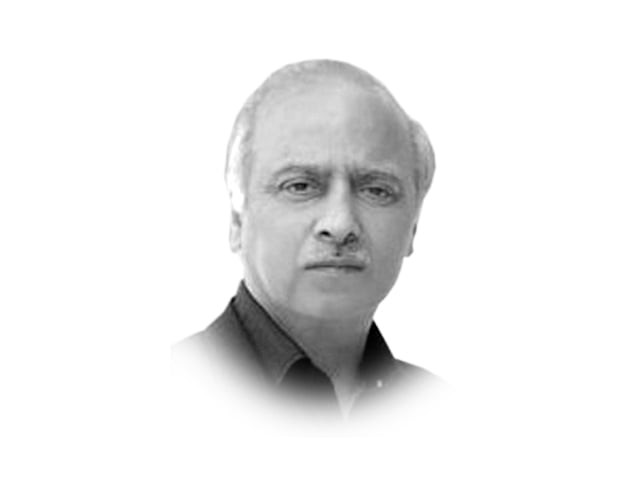Minorities and equal rights
Unfortunately, there hasn't been a leader who embedded human rights and governance discourse in the constitution.

The writer is executive director of the Islamabad-based Centre for Research and Security Studies
Strangely, the prime minister, once again promised in his speech what the Quaid-e-Azam had in his August 11, 1947 speech, rather than referring to what the Constitution of Pakistan obligates us all to do.
Article 20 of Chapter 1 on fundamental rights deals with the freedom to profess religion and to manage religious institutions. It suggests that: “Subject to law and morality, every citizen shall have the right to profess, practice and propagate his religion and every religious denomination and every sect thereof shall have the right to establish, maintain and manage its religious institutions.”
Unfortunately, there has hardly been any leader who has embedded the human rights and governance discourse in the constitutional framework. Often, historical instances constitute the core of speeches and official messages. For our leaders, it seems, other things take precedence over the need to treat every citizen as equals as guaranteed in Article 20. Increasingly, leaders delve into narratives of religiosity to deliver even simple messages related to the daily conduct of good citizens. This not only betrays an overriding self-preservatory expediency but also intellectual poverty and confusion within the ruling elite.
Indonesian, Turkish and Malaysian scholars have pointed to the urgency of turning issues related to the political economy discourse into a narrative embedded in the Constitution because without guaranteeing equality among citizens, the goal of creating and maintaining social harmony and peace will remain elusive. Quoting examples from Europe, they have argued that recourse to faith as a guiding principle for having a “good citizenry”, rather than following and insisting on globally practised principles of secular governance, also emboldens extremists to peddle their conservatism in society and thus threaten all those who differ with them.
Deterrence to this intimidation must come from the constitutional framework instead of public appeals for compassion and consideration. That is the only way to ensure that all citizens have equal rights submission to the law of the land. The government must underline its role as a guarantor of freedoms and must use an iron hand to punish all those who break the law or discriminate against a particular group or community.
While other countries display ‘zero tolerance’ to any act or attempt that threatens the sociopolitical and economic interests of the country or endanger public life, a law-backed ‘zero-tolerance regime’ for extremists and criminals of all shades in Pakistan remains elusive, also because of poor or compromised enforcement of law.
As long as our leadership keeps invoking the religio-moral jargon as a bait for ‘good citizen behaviour’ instead of judging the behaviour by the constitutional framework, the ‘rogues’ will continue undermining the rule of law to the detriment of social harmony and equal citizenry.
Published in The Express Tribune, December 25th, 2013.
Like Opinion & Editorial on Facebook, follow @ETOpEd on Twitter to receive all updates on all our daily pieces.















COMMENTS
Comments are moderated and generally will be posted if they are on-topic and not abusive.
For more information, please see our Comments FAQ